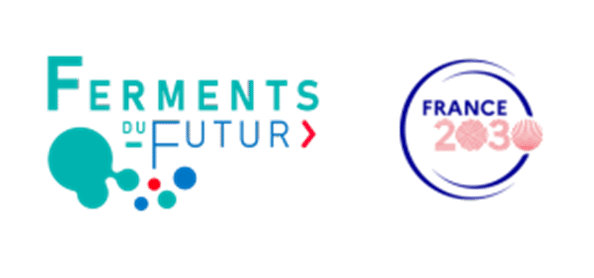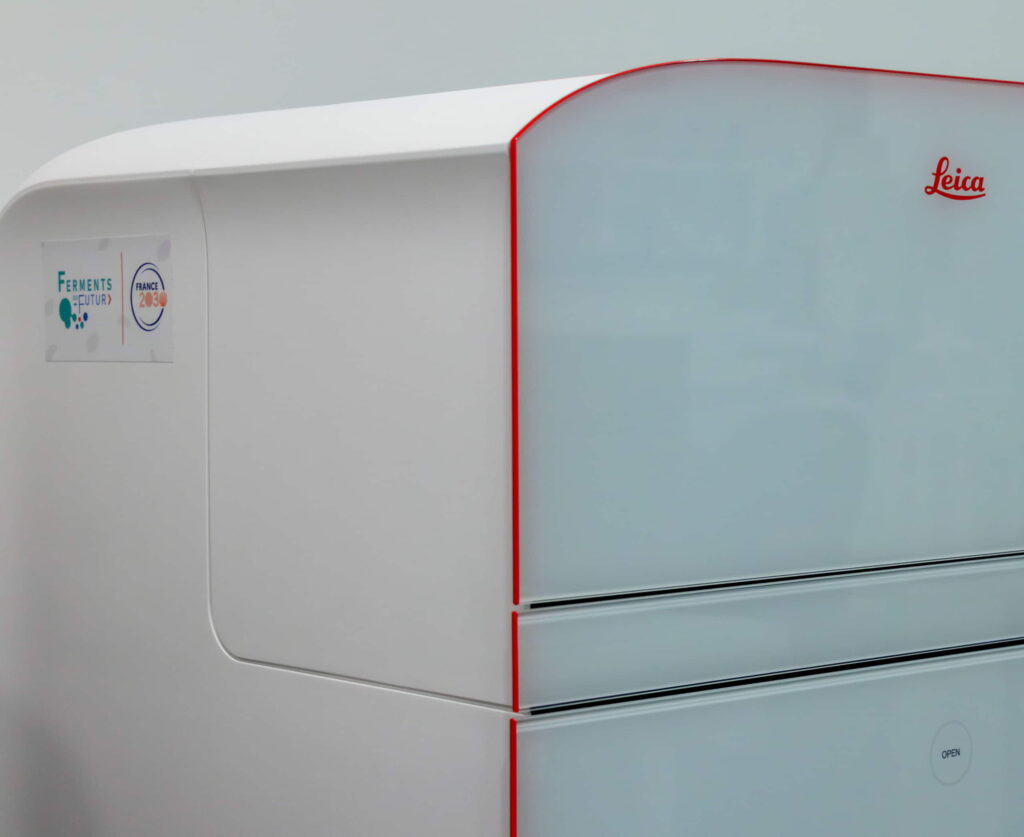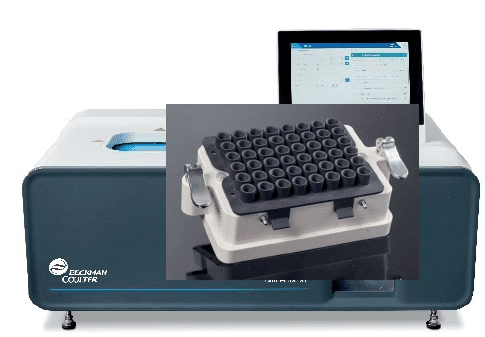PIAM
Ferments of the Future distributed platform
Ferments du Futur is a public-private partnership set up to accelerate research and innovation in ferments, fermented foods and biopreservation, thereby promoting safer, healthier and more sustainable food systems. The Ferments du Futur ecosystem is based on an innovation centre located at the heart of the Paris-Saclay cluster and a technology platform distributed across seven INRAE research units specialising in microbiology, process engineering, microbiome, AI and modelling. The PIAM Micalis distributed platform provides an integrated approach to the study of microbial interactions within structured food matrices. It comprises a sequence of steps – Print, Image, Analytics and Micro-fermenters (PIAM) – to study the behaviour of different micro-organisms such as bacteria, moulds, yeasts and viruses in food matrices.
 The PIAM distributed platform provides an integrated approach to studying microbial interactions within structured food matrices. The PIAM platform supports research efforts in food microbiology and microbial ecology, offering applications in industrial fermentation, assessments related to health-focused microorganisms, and the development of innovative microbial consortia for food.
The PIAM distributed platform provides an integrated approach to studying microbial interactions within structured food matrices. The PIAM platform supports research efforts in food microbiology and microbial ecology, offering applications in industrial fermentation, assessments related to health-focused microorganisms, and the development of innovative microbial consortia for food.
New approaches and creative experimental designs are emerging to study previously unexplored aspects of bacterial behaviour in spatially structured populations. The PIAM (Print > Image > Analysis > Microfermenters) platform establish an integrated pipeline to describe and model microbial interactions and resulting emergent functions in structured food matrices. This pipeline can be applied to bacteria, moulds, yeasts, viruses and their associations in simplified printable gel matrices. The pipeline is designed to feed synthetic microbial ecology approaches in which community complexity and drivers are minimised but controllability is enhanced, allowing interactions and ecological theories to be explored. In addition to their use in basic research, synthetic microbial ecosystems have also found their way into various industrial applications.
In this line, the PIAM pipeline will allow to take into account the 3D structures of matrices and communities in industrial fermented products. The pipeline is adapted to evaluate the beneficial health effects of selected microorganisms in structured food matrices (ferments, biopreservatives, probiotics). It will be used to design new functionalities of food microbial consortia for the fermentation of new nutritive sources and to develop innovative methods to assemble consortia based on spatial interaction modelling. The facility implementation project is divided into two phases, starting with the installation of the MICA wide-field microscope and BioLector microfermenters commissioning in 2024. The second investment phase, aimed at completing the pipeline, is scheduled for 2025.
Services
Using a 3D bioprinter to generate gelled matrices with various spatial organization and controlled patterns of inoculation with one or several micro-organisms
This part of the PIAM pipeline is under construction.

3D Microscopy to visualize microorganisms and consortia in structured matrices Analyse
More than just a highly automated microscope, Mica combines widefield and confocal imaging in a sample-protective incubation environment. At the touch of a button, you have everything you need – all in one place – to streamline fluorescence imaging workflows and deliver meaningful scientific results faster.
The MICA microscope is integrated into the MIMA2 imaging platform, creating a conducive scientific and technical environment specifically designed for microscopy. Moreover, the MICA microscope is situated within a Class 2 biosafety environment, thereby enabling the inclusion of pathogenic organisms for biopreservation applications.
Learn more about how scientists of Micalis investigate the spatial organization of microbial communities food matrices and biofilms:
Contact : Romain Briandet
This part of the PIAM pipeline is under construction.
To analyse biotic and abiotic interactions with the food and gut microbiota

After their ingestion, the food matrix and associated microbiota will interact with biotic and abiotic compartments in the gut. Several reports suggested that microorganisms that developed in a structured matrix are far more tolerant to acidic stomatal stress than their free-cell counterparts. This protection to HCl stress is not associated with the neutralization properties of the food matrix but with the population spatial organization. It is also suggested that the microbial profile of the gut microbiota can be modified by food microbiota. We will here take advantage of a micro-bioreactor that can operate in anaerobic conditions to analyse the interactions of food and gut microbiota. The food microbiota will be adjusted with various matrices structures and microbial spatial arrangement; the gut microbiota tested will originate from humans with controlled composition and dysbiosis status.
Contact : Stéphane Chaillou and Julien Tap





